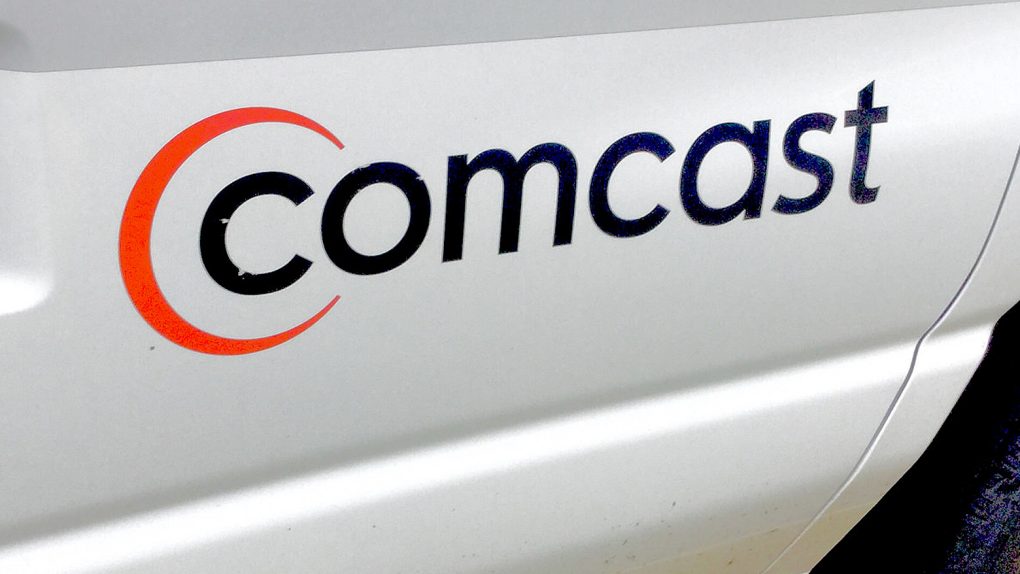Anyone who still thinks that their cell carrier has their back is in for a rude awakening when they open their next credit card statement. But it’s not just about money: of course companies need to make profit somewhere, but a sure-fire way to see if they care about customers should be how they safeguard your data.
The Electronic Freedom Foundation, a not-for-profit group that advocates for individual rights on an open internet, has published its annual privacy scorecard for big internet companies. The results aren’t all that shocking: small companies do their best to protect you, Apple isn’t bad, and ISPs really just care about how much they can actually sell your data for.
The EFF analyzed around 25 of the biggest companies on a number of criteria: following industry bare minimums for protecting user data; telling users about government data requests; promising not to sell users out; standing up to government information gag orders; and publicly advocating for legal reforms to oversee government surveillance.
AT&T, Verizon, T-Mobile, and Comcast — all four of the internet service providers on the list — only managed to keep up with the bare minimums for protecting user data. After that point, they all failed every single category — probably not surprising, since T-Mobile has publicly fought with the EFF before, and AT&T, Comcast, and Verizon are actively lobbying against net neutrality rules.
Credo Mobile, an MVNO that recently rolled out a new unlimited prepaid plan, scored full marks in every category. Apple, Google, and Facebook all hit four out of five, and smaller players like Dropbox and Lyft all got 5/5. Uber, for the record, also scored perfectly — shame it couldn’t extend the same care to its employees.










